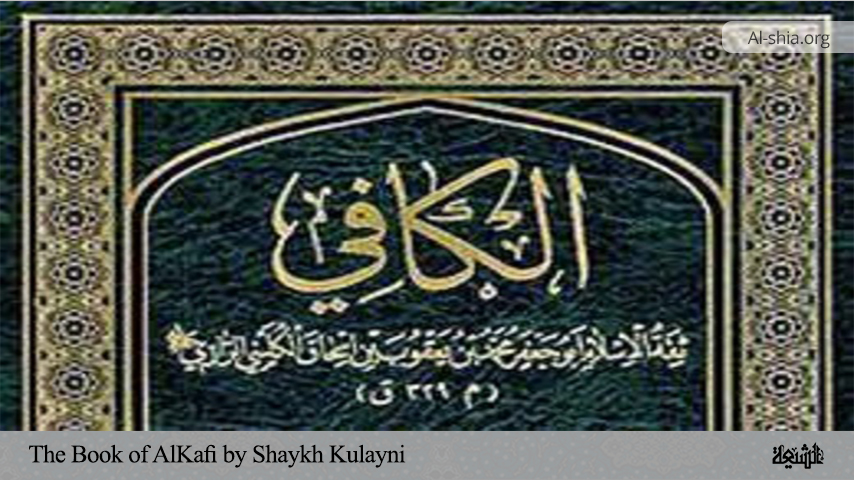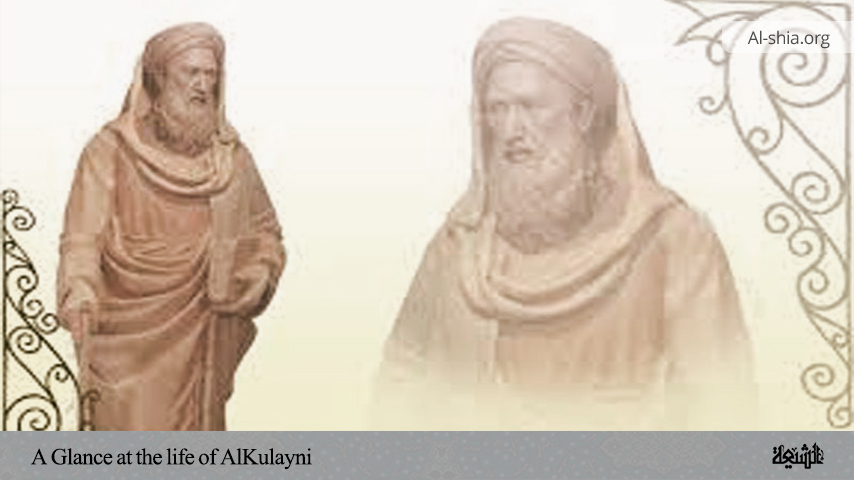Eid al-Fiṭr (Festival of Breaking the Fast) is the first day of the month of Shawwal (i.e., the tenth month) and one of the greatest religious holidays celebrated by Muslims worldwide. It is determined and confirmed by sighting the new moon of the month of Shawwal on the 29th of Ramadan or after the completion of the thirty days of Ramadan fast.
Eid al-Fiṭr is a day of celebration because the fast-observers receive the rewards after month-long worship and rigorous spiritual training. Similarly, it is also the day of thankfulness to the Lord because He has opened the doors of mercy and forgiveness through the blessed month of Ramadan.
It is pertinent to mention that Eid al-Fitr is a unique festival that is purely spiritual. It is the day when Muslims thank and appreciate Allah for giving them the will, strength and endurance to observe fast and obey His commandment during the holy month of Ramadan. On this day, fasting is forbidden (Haram) and Muslims hold the Eid prayer. In addition, payment for Zakat al-Fitr is also obligatory for Muslims on this day.
According to some lexicographers, the term “Fitr” means “opening (of something)” and the first day of the month of Shawwal is referred to as “Eid al-Fitr” because it is a period when the fasting person opens his mouth to eat after the completion of Ramadan fast. Eid al-Fitr is indeed a unique festival which is purely spiritual. It is the day when Muslims thank and appreciate Allah for giving them the will, strength and endurance to observe fast and obey His commandment during the holy month of Ramadan.
However, according to another explanation, Eid al-Fitr is actually the day of the return of the servants of Allah to their Godly and pure nature (Fitra). This is because man is created with a pure and Godly nature (Fitrat al-Allah) which always guides him towards his Creator. But this pure nature is covered with the dust of sins and heedlessness through various worldly engagements, and thus it becomes estranged from his most Merciful Lord.
Meanwhile, the month-long worship and purification in the month of Ramadan removes and clears the hardened layers of sins in the heart of the fast-observer and reunites him with his Creator. Thus, the day of Eid al-Fitr is indeed the day of man’s return towards His Lord with a purified soul. In other words, Eid al-Fitr is not a day when we return to our old life of thanklessness and heedlessness, rather, it’s a day when we are expected to start a new life with renewed spiritual energy and determination.
There are some verses and hadiths that mention the importance of this day. For instance, some Qur’anic exegetes of the Qur’an like Allamah Ṭabāṭabāʾī have said that the phrase “لِتُکبِّرُوا اللَّـهَ” (translation: magnify God) in Qur’an 2:185 is about the Takbirs (i.e., glorification of Allah) recommended on the eve of Eid al-Fitr. In addition, the words تَزَکیٰ and فَصَلَّیٰ in the two verses “قَدْ أَفْلَحَ مَن تَزَکیٰ” (Qur’an 87:14) [meaning: “Felicitous is he who purifies himself”] and “وَ ذَکرَ اسْمَ رَبِّهِ فَصَلَّیٰ”[Qur’an 87:15] [meaning: “celebrates the Name of his Lord, and prays.”] mean to give Zakat al-Fitra and pray the Eid Prayer. [Ṭabāṭabāʾī, al-Mīzān, vol. 20, p. 269.]
Imam Hasan al-Mujtaba (PBUH) looked at some people who were happy and laughed; then he (PBUH) turned to his companions and said, ‘God, the Almighty, created the month of Ramadan as a field for the competition of his creatures so that through obeying God, they excel each other towards His happiness. Some excelled and won, and some left behind and lost. Thus, it is so surprising one who is frivolously playful and laughing on the day the good-doers are rewarded and those who fall behind loose. By God, I swear that if the veils are removed, the good-doer will engage in his good-doing and the evil-doer will be taken captive in his evil-doing.”[Ṣadūq, Man lā yaḥḍuruh al-Faqīh, vol. 2, p. 174.]
Similarly, Imam al-Rida (PBUH) said, “The day of Fitr is appointed as Eid so that Muslims have a gathering and come out for the sake of God and praise Him for the blessings they have been given; and the day of Eid is the day of gathering, day of breaking the fasting, day of giving Zakat, day of happiness and day of worship; and it is the first day of the year in which eating and drinking is permissible since the month of Ramadan is the first month of the year for the people of truth. So, God wanted them to have a gathering to praise the Lord and on this day, saying Takbir in the prayer is more than on other days because Takbir is glorifying God and praising Him for His blessings as He has said, ‘and magnify Allah for guiding you, and that you may give thanks.’ (2:185) and on that day, 12 Takbirs have been instructed to be said, of which 7 have to be said in the first Rak’a and 5 Takbirs in the second Rak’a, and they have not been made equal since it is recommended that the obligatory prayer follows 7 Takbirs. Therefore, the first Rak’a begins with 7 Takbirs. And there are 5 Takbirs in the second Rak’a, since Takbirat al-Ihram for all the prayers during one day are 5 Takbirs and because Takbirs in each of the two Rak’as be odd.” [Ibid, vol. 1, p. 522.]
Etiquette of Eid al-Fitr
There are some etiquette and supererogatory acts of worship that need to be observed on both the eve as well as the day of the first of Shawwal (i.e., Eid al-Fitr day). These shall be explained below:
Eve of Eid al-Fitr
On the eve of Eid al-Fitr, the following are recommended:
1. Recitation of supplication and the Qur’an and observation of supererogatory prayer.
2. On the eve of the first day of Shawwal, reciting the supplication of Moon Sighting upon seeing the new moon is recommended.
3. Ziyarah of Imam al-Husayn (a) is recommended on the eve of Eid al-Fitr.[20]
4. Taking a ritual bath (ghusl) is recommended on this night.
5. Observation of 2 units Prayer: Imam al-Sadiq (PBUH) quoted from Imam Ali (PBUH), “Anyone who does two Rak’as of prayer, at the first Rak’a of which one must read the Surat al-Fatiha once and the Surat al-Tawhid a thousand times and in the second Rak’a, he must read the Surat al-Fatiha and the Surat al-Tawhid once and would not ask God anything unless he will receive it.”
6. Saying Takbirs “Allah Akbar, Allah Akbar, La ilah illa Allah wa Allah Akbar, wa lillah al-hamd ‘ala ma hadana, wa lah al-shukr ‘ala ma awlana.” after the Maghrib prayer on the eve of the Eid al-Fitr and in the Fajr prayer in the morning of the Eid al-Fitr and the prayer of the Eid al-Fitr.
7. Keeping night vigil
Day of Eid al-Fitr
On Eid al-Fitr day, the following are recommended:
1. Taking a ritual bath (ghusl) is among the highly recommended actions of the day of Eid al-Fitr, which can be done after Fajr.
2. Eid prayer is recommended in the Age of Occultation, but during the presence of Imams (PBUH), it is obligatory. The Eid al-Fiṭr and Eid al-Aḍḥā prayer consists of two rakʿahs, and in each rakʿah after reciting Sūrat al-Ḥamd and the other surah. In the qunūt of the Eid al-Fiṭr and Eid al-Aḍḥā prayer, it is sufficient for one to recite any duʿāʾ or say any dhikr. However, it is better that one recites this duʿāʾ:
اَللّٰهُمَّ أَهْلَ الْکِبْرِیَاءِ وَ الْعَظَمَةِ، وَ أَهْلَ اْلجُودِ وَ الْجَبَروتِ، وَ أَهْلَ الْعَفْوِ وَ الرَّحْمَةِ، وَ أَهْلَ التَّـقْوَىٰ وَ الْمَغْفِرَةِ، أَسْأَلُكَ بِحَقِّ هٰذَا الْیَـوْمِ، اَلَّذِي جَعَلْتَهُ لِلْمُسْلِمِینَ عِیْدًا، وَ لِمُحَمَّدٍ صَلَّی اللهُ عَلَیْهِ وَ آلِهِ وَ سَلَّمَ ذُخْــرًا وَّ شَرَفاً وَّ کَرَامَةً وَّ مَزِیدًا، أَنْ تُصَلِّیَ عَلىٰ مُحَمَّدٍ وَّ آلِ مُحَمَّدٍ، وَ أَنْ تُدْخِلَنِي فِي کُل خـَـیْرٍ أَدْخـَـلْتَ فِیْهِ مُحَـــمَّدًا وَّ آلَ مُحَــمَّدٍ، وَ أَنْ تُخْرِجَنِي مِنْ کُل سُـوءٍ أَخْرَجْــتَ مِنْهُ مُحَمَّدًا وَّ آلَ مُحَمَّدٍ صَلَواتُكَ عَلَیْهِ وَ عَلَیْهِمْ، اَللّٰهُمَّ إِنِّي أَسْأَلُكَ خَیْـرَ مَا سَأَلَكَ بِهِ عِبَادُكَ الصَّالِحُونَ، وَ أَعُوذُ بِكَ مِمَّا اسْتَعَاذَ مِنْهُ عِبَادُكَ الْمُخْلَصُون
Translation: O Allah! Worthy of supremacy and greatness, and worthy of magnanimity and omnipotence, and worthy to pardon and to show mercy, and worthy of being wary of and to forgive: I beseech You by the right of this day – which You have appointed to be an Eid for the Muslims and to be [a source for] accumulating [Your blessings], and [a source of] honour, nobility, and increase [in Your blessings] for Muḥammad, may Allah shower His blessings upon and extend His salutations to him and his progeny – that You bless Muḥammad and the progeny of Muḥammad, and that You place me in every goodness in which You placed Muḥammad and the progeny of Muḥammad, and that You remove me from every evil from which You removed Muḥammad and the progeny of Muḥammad, may Your blessings be upon him and upon them. O Allah! I indeed beseech You for the good for which Your righteous servants have beseeched You, and I seek protection in You from all that for which Your purified servants have sought Your protection.
3. It is recommended to eat something, especially dates, before the prayer of Eid al-Fitr.
4. Saying Takbirs as instructed is recommended after the Maghrib prayer on the eve of Eid and also in the Fajr prayer on the morning of Eid and in the prayer of Eid.
5. Fasting on the day of Eid al-Fitr is forbidden. Reciting the Nudba supplication and also expanding the eating for the family are recommended.
6. Traveling on the day of Eid after sunrise before holding the prayer of Eid (in case of being obligatory) is forbidden; otherwise, it is disliked.






